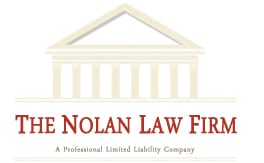Are Conviction Collateral Consequences Fair?
Many people may be familiar with consequences that may be part of their criminal conviction, such as the loss of a driver’s license after a DUI. While this collateral consequence may cause serious hardship, it does make sense in that there is a direct relationship between the offense and the consequence.
However, not all collateral consequences have such a connection. According to the U.S. Commission on Civil Rights, many simply create barriers to successfully re-entering the community after people serve their sentences and pay their fines and restitution.
Post-conviction life

- Housing
- Transportation
- Education
- Federal and state assistance
- Military eligibility
- Civil service
When it comes to occupational licensing, the National Inventory of Collateral Consequences of Conviction notes that in some cases, the vagueness of various state license eligibility standards, such as requiring “good moral character,” may disqualify almost anyone with a misdemeanor criminal record. The outcome of such vagueness rests solely at the discretion of those on the licensing board in question.
Financial and housing hardship
Previously incarcerated men earn, on average, 40% less annual pay than those without a criminal record, but certain convictions may make them ineligible for housing assistance. This is in addition to the problem that landlords may run a background check and deny someone a lease because of prior criminal records. Almost a third of people leaving jail or prison expect to look for a place to stay at homeless shelters.
Lawmakers and others are looking for ways to eliminate or mitigate the harm done by unfair collateral consequences. Until they make progress in that direction, there is a database people can search to identify the collateral consequences of convictions. This may be helpful to refer to while developing a criminal defense strategy and evaluating plea deals.
